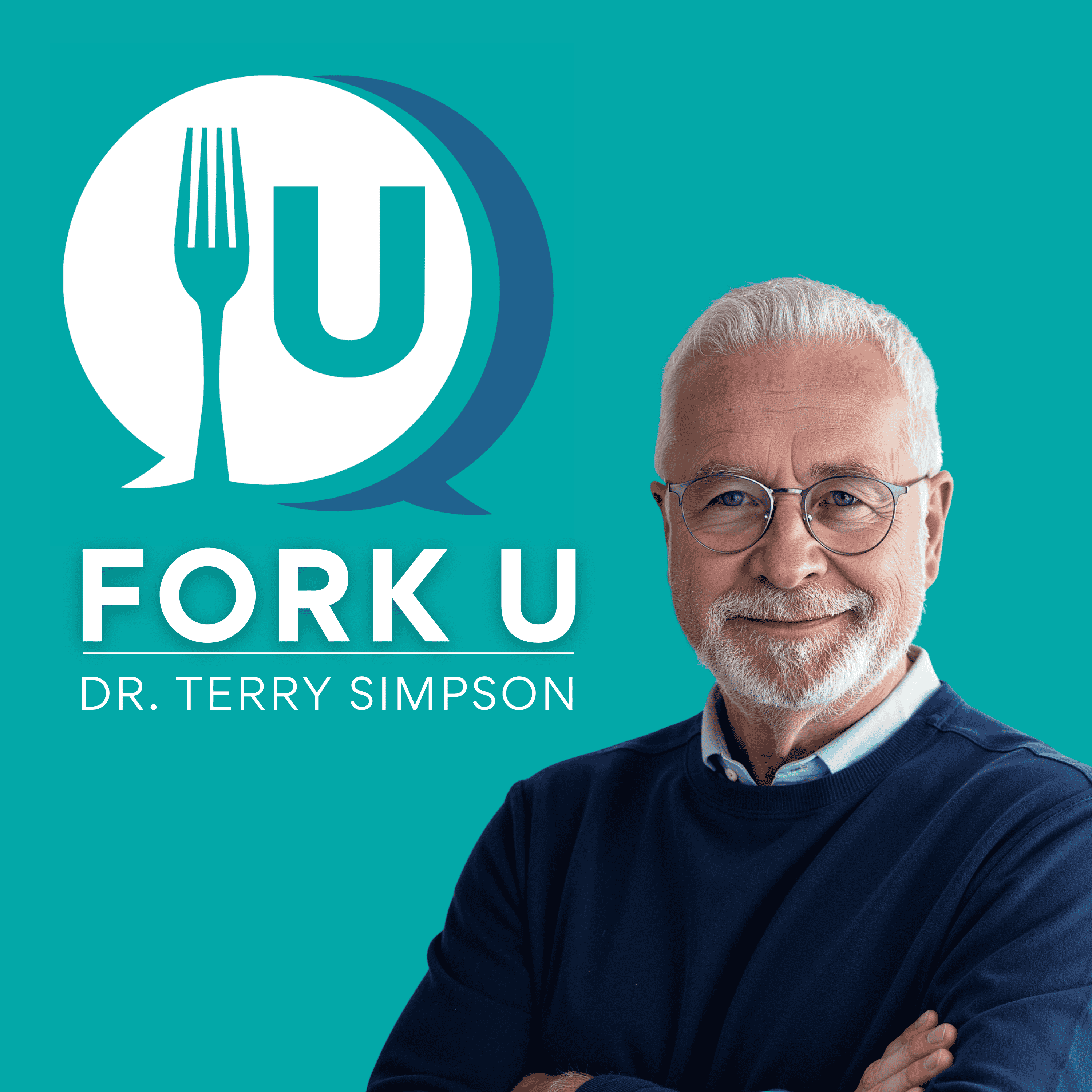Episode 53
Seed Oils: Toxic or Not?
Seed Oils: Toxic or Not?
Today, the low-carb/carnivore community has a new enemy. It is seed oils. Here is their argument:
- There were no seed oils in ancient lands
- Seed oils are highly inflammatory
- Seed oils are extracted with hexane, a cancer-causing agent
- The rise of seed oils correlates with the rise of obesity
- Seed oils are high in omega-6 fatty acids, which are inflammatory
That is the summary of their logic. Now, let's get to the science.
What are Seed Oils?
See those beautiful seeds, in them are bits of oil. This is the rapeseed plant, which we have covered before. From rapeseed came canola oil. And this has been used as a source of oil starting about 4000 years ago. A much misunderstood oil, please see our previous podcast.
Seed Oils
Every seed has oil. Nuts are a type of seed, and their caloric density comes from oil. Oddly, low carb/keto types tend to eat nuts, the carnivore crowd avoids them.
Seed oils are another name for vegetable oils, and they are used often in cooking because they have a neutral taste and high smoke point. The more common ones include corn, peanuts, sunflowers, grapes, and others.
Seed Oils and Ancient Humans
Besides the logical fallacy about what ancient humans ate, seed oils have been cultivated and used for the whole of written humanity. Ancient Egyptians used oils for cooking and perfume. Even the Bible talks about the use of oils, including the gifts sent to the birth of Jesus. To summarize, humans have recorded the use of oils from seeds through all recorded history.
Components of Seed Oils
There is no one "oil" that can chemically be called a "seed oil." Rather, every seed contains different compositions of oils, and it is how the body uses those particular oils that makes us interested in them. Thus, seed oils as a term is silly. I wonder why the carnivore/keto crowd decided to use "seed oils" instead of vegetable oils? After all, they don't call beef tallow "meat oil."
Oleic Acid: Olives to Butter
Oleic acid is the main fatty acid in olive oil (55-85% of the oil). This is a mono-unsaturated fatty acid, which everyone seems to agree is heart healthy. Hence, the more oleic acid in something, the better.
- Peanut oil 48%
- Canola oil 65%
- Palm oil 39%
- Soybean oil 23%
- Coconut oil 7%
- Beef Tallow 47%
- Butter 24%
But are Vegetable Oils Inflammatory?
The short answer is no. To be inflammatory, they would have to elicit an inflammatory response. This means that inflammatory markers in the blood would be elevated for those who use vegetable oils over meat oils. In contrast, there is no increase in inflammatory markers of those who use vegetable oils.
Want to see the data? Take a look at this paper where they look at foods, like vegetable oils, with high ratios of omega-6 fatty acids. What didn't they find? Higher levels of inflammatory markers. Thus, seed oils are not inflammatory.
Atherosclerosis and Seed Oils
Do vegetable oils increase your risk of atherosclerosis, or do they decrease it? If the carnivore crowd is correct, they have not been yet, then their view of the vegetable oils is that it would increase your risk of atherosclerosis
REFERENCES:
Courville AB, Majchrzak-Hong S, Yang S, Turner S, Wilhite B, Ness Shipley K, Horneffer Y, Domenichiello AF, Schwandt M, Cutler RG, Chen KY, Hibbeln JR, Ramsden CE. Dietary linoleic acid lowering alone does not lower arachidonic acid or endocannabinoids among women with overweight and obesity: A randomized, controlled trial. Lipids. 2023 Nov;58(6):271-284. doi: 10.1002/lipd.12382. PMID: 38100748; PMCID: PMC10767670.
Innes JK, Calder PC. Omega-6 fatty acids and inflammation. Prostaglandins Leukot Essent Fatty Acids. 2018 May;132:41-48. doi: 10.1016/j.plefa.2018.03.004. Epub 2018 Mar 22. PMID: 29610056.
Fava M, De Dominicis N, Forte G, Bari M, Leuti A, Maccarrone M. Cellular and Molecular Effects of Microgravity on the Immune System: A Focus on Bioactive Lipids. Biomolecules. 2024 Apr 5;14(4):446. doi: 10.3390/biom14040446. PMID: 38672462; PMCID: PMC11048039.
Ooi EM, Watts GF, Ng TW, Barrett PH. Effect of dietary Fatty acids on human lipoprotein metabolism: a comprehensive update. Nutrients. 2015 Jun 2;7(6):4416-25. doi: 10.3390/nu7064416. PMID: 26043038; PMCID: PMC4488792.
Prater MC, Scheurell AR, Paton CM, Cooper JA. Blood Lipid Responses to Diets Enriched with Cottonseed Oil Compared With Olive Oil in Adults with High Cholesterol in a Randomized Trial. J Nutr. 2022 Sep 6;152(9):2060-2071. doi: 10.1093/jn/nxac099. PMID: 35511204; PMCID: PMC9449680.
Isaakidis A, Maghariki JE, Carvalho-Barros S, Gomes AM, Correia M. Is There More to Olive Oil than Healthy Lipids? Nutrients. 2023 Aug 18;15(16):3625. doi: 10.3390/nu15163625. PMID: 37630815; PMCID: PMC10459315.
Schwingshackl L, Bogensberger B, Benčič A, Knüppel S, Boeing H, Hoffmann G. Effects of oils and solid fats on blood lipids: a systematic review and network meta-analysis. J Lipid Res. 2018 Sep;59(9):1771-1782. doi: 10.1194/jlr.P085522. Epub 2018 Jul 13. PMID: 30006369; PMCID: PMC6121943.
Neuenschwander M, Stadelmaier J, Eble J, Grummich K, Szczerba E, Kiesswetter E, Schlesinger S, Schwingshackl L. Substitution of animal-based with plant-based foods on cardiometabolic health and all-cause mortality: a systematic review and meta-analysis of prospective studies. BMC Med. 2023 Nov 16;21(1):404. doi: 10.1186/s12916-023-03093-1. PMID: 37968628; PMCID: PMC10652524.


